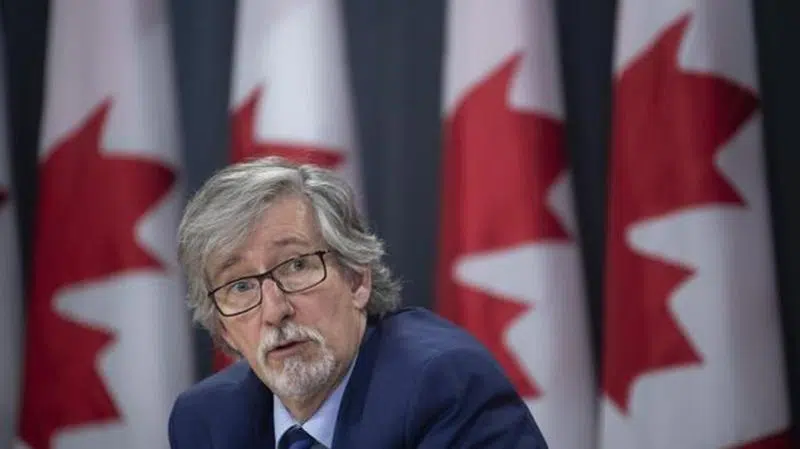
‘Invasion of privacy’: Watchdogs concerned about apps tracking COVID-19 patients
VANCOUVER — Privacy watchdogs are voicing concerns over proposals across the country to implement smartphone apps to help track COVID-19.
New Brunswick, Manitoba, Newfoundland and Labrador, and Saskatchewan are among the provinces looking at or planning on creating smartphone apps that would track a user’s whereabouts.
Alberta is the first province to launch an app.
Known as contact tracing, the apps track those who the user comes in to contact with, commonly by monitoring a device’s Bluetooth signal.


